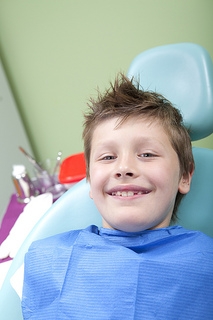How to get Brighter Teeth for Life
February 17th, 2021

Have you ever wondered why some people have dull and yellow teeth, while others have bright, white smiles? It’s not luck.
Everyone’s teeth naturally dull over time because of aging and the contact our teeth experience with staining foods, such as chocolate and coffee. However, teeth-whitening treatments can give you the whiter smile you’ve been after.
Get Regular Treatments
Unfortunately, the effects of teeth-whitening or bleaching treatments are only temporary, but regular treatments at Blue Stone Dental can help keep your teeth white for much longer.
The effects of in-office bleaching can last for several months to a year, so you may prefer to repeat your use of at-home bleaching kits every few months to maintain your white teeth. Whitening toothpastes do not contain bleach and are safe to use every day.
Have Realistic Expectations
Not everyone’s teeth can be turned bright white. Some just don’t respond to whitening treatments. If your teeth are a light yellowish color, they may readily respond to teeth-whitening procedures, but bleach will not likely work on grayish teeth. Brownish teeth tend to fall somewhere in between.
Practice Good Oral Hygiene
For the best whitening results, it’s necessary to keep your teeth in good health. Visible fillings, implants, or bridges that are metallic stand out against the white color you’ll want to achieve.
Maintaining good oral hygiene will help you avoid tooth decay and keep your smile bright. In addition to brushing your teeth twice a day, these actions can help promote a healthy mouth:
- Floss every day
- Visit our Keller, TX office every six months for professional cleanings
- Rinse your mouth with water after each meal and snack
- Limit sugary and starchy foods and beverages that can stain teeth, especially between meals




 Website Powered by Sesame 24-7™
Website Powered by Sesame 24-7™